
|
Heidi Christensen is a Professor in the School of Computer Science at the University of Sheffield and the head of the school. She is a part of the Speech and Hearing Research Group (SPandH) and a theme lead for the UKRI Centre for Doctoral Training in speech and language technologies and their applications. She is the technical lead for CognoSpeak™, a speech-based tool for detecting and tracking early signs of cognitive impairment. She has a long-standing interest in improving equality and diversity and she takes an active interest in the EDI work within our university. She also is on the diversity committee of ISCA (International Speech Communication Association) and the Diversity and Inclusion chair for Interspeech 2023. Her research interests are in the application of audio and speech technology to the healthcare domain and include three main areas: the automatic recognition of disordered, atypical speech, the detection and tracking of verbal and non-verbal traits in speech and language, Equality, diversity and inclusion issues in speech technology research and applications.
|
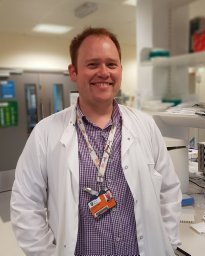
|
Dr Simon Bell is a NIHR Clinical Lecturer in Neurology, university of Sheffield, focusing on developing the understanding of dysfunctional metabolism in dementia and how this may be developed into future treatments and biomarkers for the disease. His interest in Neurosciences and Alzheimer’s disease started whilst performing my undergraduate medical studies at Bristol University. Here He intercalated in Neuroscience under the supervision of Dr Shelly Allen-Burt, Dr David Dawbarn, and Professor Seth Love. For his BSc he characterised the Bondi Body, a pathological aggregate found within the Choroid Plexus, which is seen in increased numbers in Alzheimer’s disease. After qualifying in Medicine he did junior doctor jobs in Gloucester, Bristol, Leeds and Brisbane Australia. He gained clinical experience in Neurology, Neurosurgery and Stroke Medicine and research experience at the University of Leeds where He performed a post-graduate diploma in Health Research. On completion of his junior doctor jobs and after passing his Membership of the Royal College of Physicians (MRCP), He took up a Neurology Speciality Training post in Sheffield and continued my research into Alzheimer’s disease, with an Alzheimer Research UK (ARUK) preparatory Clinical Fellowship, and NIHR Academic Clinical Fellowship. His Wellcome 4ward North PhD Fellowship analysed the metabolism of astrocytes and other cell types in Alzheimer’s disease using an induced Neuronal Progenitor Cell model system (supervisors Dr Heather Mortiboys, Dr Laura Ferraiuolo, Dr Daniel Blackburn and Professor Stephen Wharton).
|
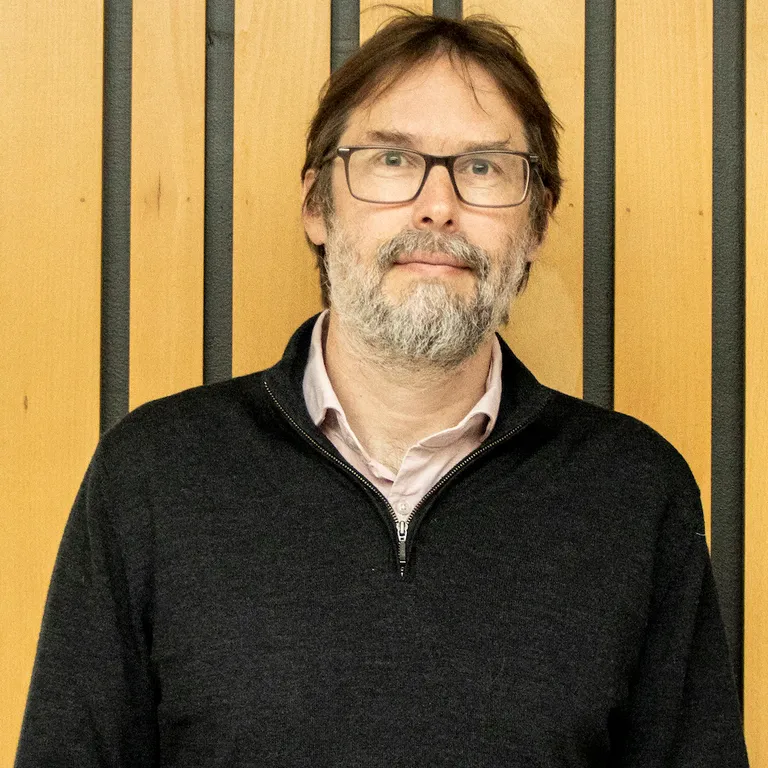
|
Dr Daniel Blackburn is a Senior lecturer and honorary consultant neurologist at Sheffield Institute for Translational Neuroscience. His research interests are into non-invasive diagnostic tests for early dementia or cognitive impairment using electroencephalography (EEG) and conversation analysis. He has helped co-create a tool (CognoSpeak™) that asks questions using a ‘talking head’ on a laptop, tablet or smartphone and carefully analyses the answers to detect a decline in cognitive health including very early signs of dementia in speech patterns. Language impairments occur early in Alzheimer’s disease but can be easily missed by non-expert clinicians. He is interested in the features that can be detected during normal interaction. He worked on a study investigating this with linguist assessments of audio and video recordings from memory clinics. In order to make this a scalable and cost-effective solution, He has co-created an automated system; CognoSpeak™. It is consistent and patients can do the test at home.
|
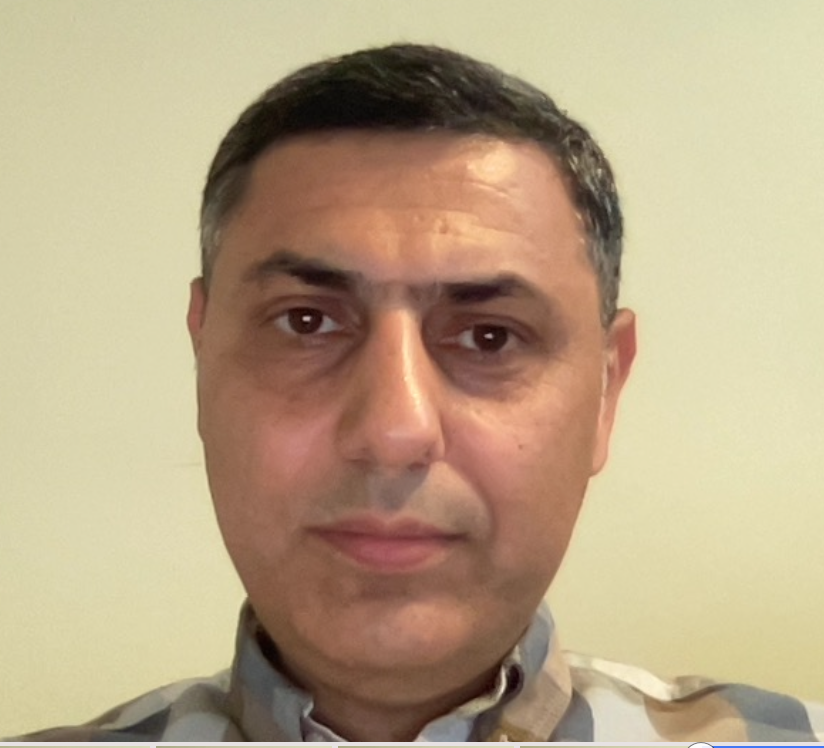
|
Bahman Mirheidari is a Research Fellow in the School of Computer Science at the University of Sheffield, and a member of the Speech and Hearing (SpandH) group. He has been working with professor Heidi Christensen over six years after his PhD. His research interests include medial applications of Automatic Speech Recognition (ASR) (e.g. people with dementia, stroke, and/or other mental disorders), automatic analysis of conversation, speaker diarisation, and tracking speech and language changes over time, automatic Tuberculosis (TB) detection, and automatic emotion/mood/anxiety detection through analysis of speech.
|
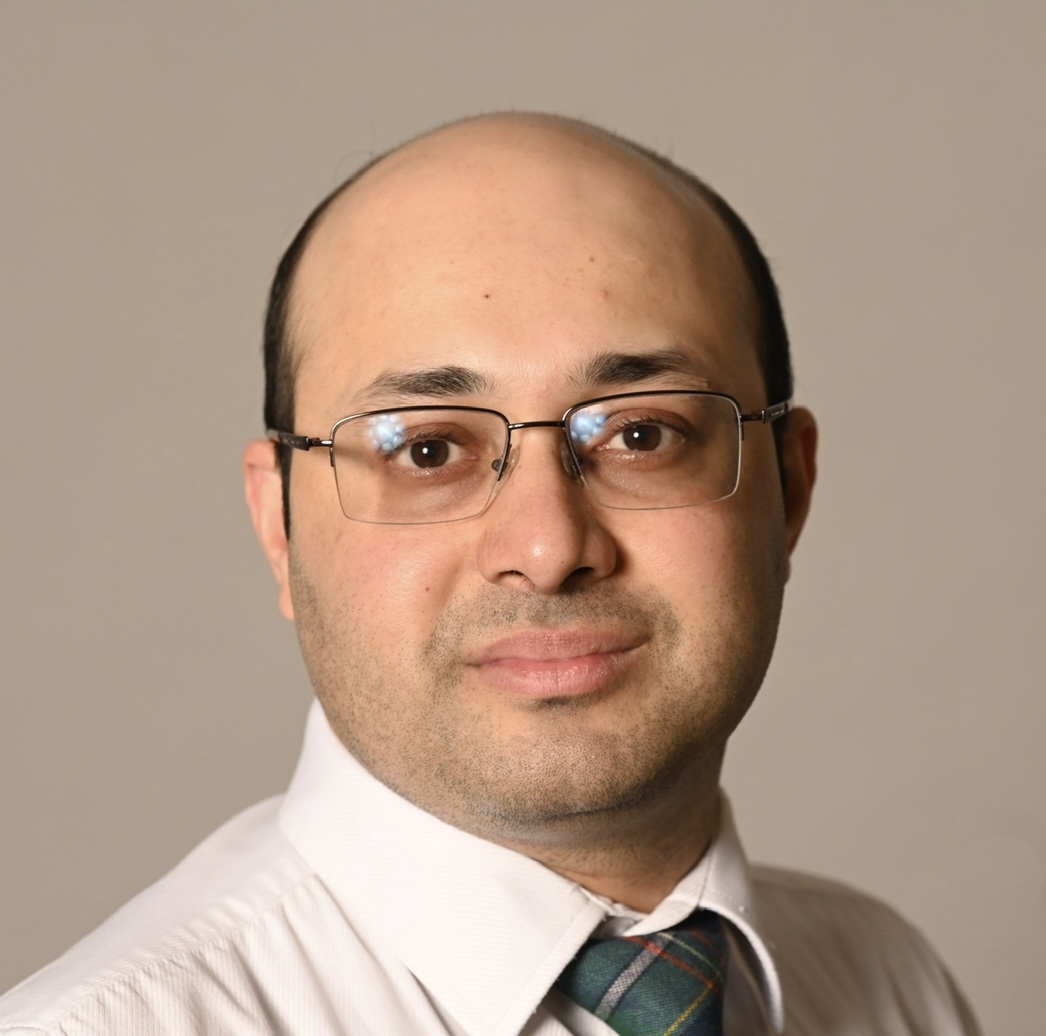
|
Madhurananda Pahar is a research fellow in the School of Computer Science at the University of Sheffield, UK. His general research interest is in the application of machine learning and signal processing in the field of Biology. Previously, he was involved in detecting and classifying TB and COVID-19 vocal audio such as cough, breath and speech in real-world environments as well as monitoring patients' long-term recovery using smart sensors such as an accelerometer in South Africa. He also developed deep learning methods from third-generation sequencing (Oxford Nanopore) signals to study genomics, epigenomics, transcriptomics and epi-transcriptomics in the USA. Currently, he is analysing speech to detect the signs of early cognitive decline such as dementia in Sheffield, UK.
|
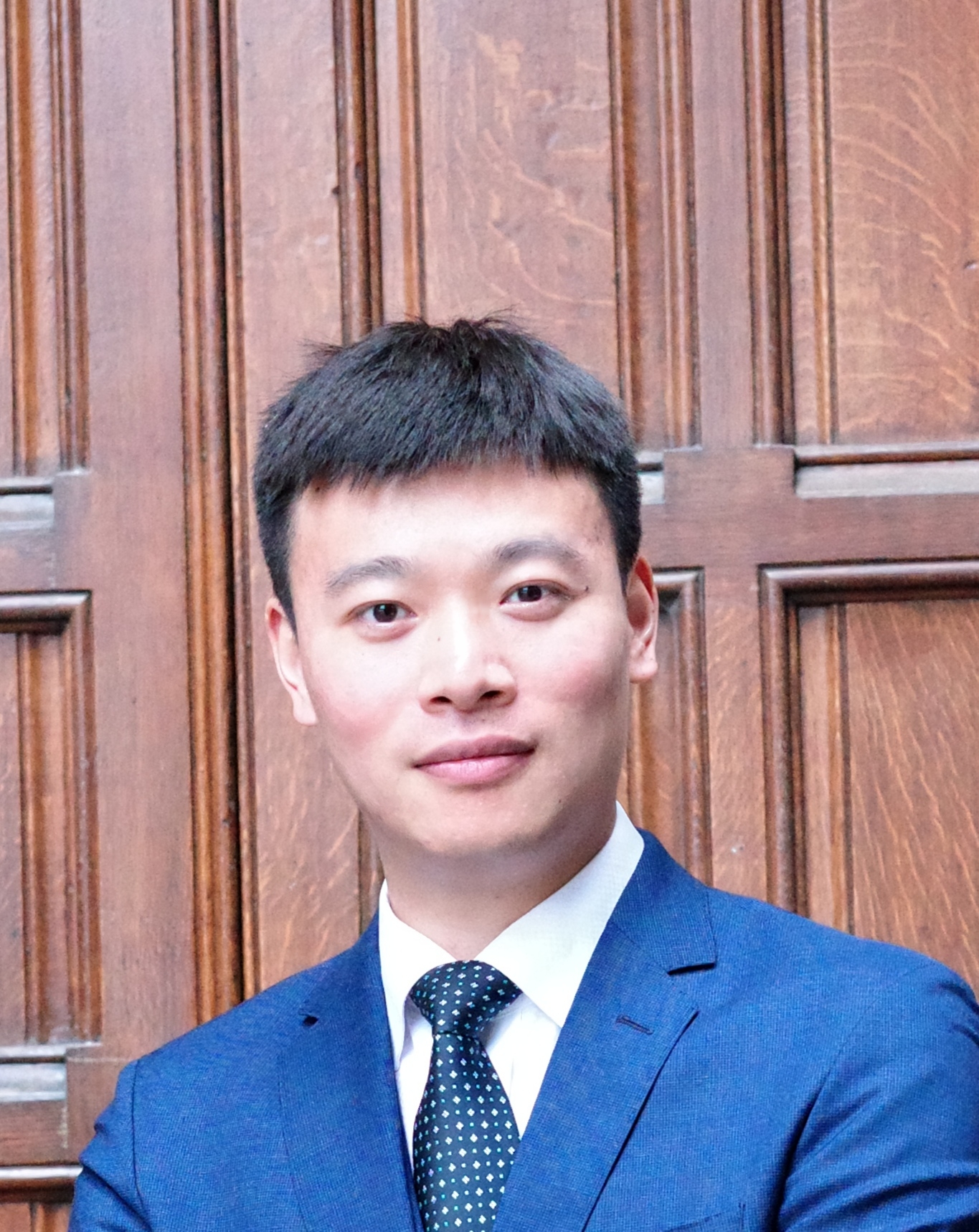
|
Fuxiang Tao is a Research Associate in the School of Computer Science at the University of Sheffield. His primarily focuses on Social Signal Processing, Artificial Intelligence and Human-Computer Interaction. lie in utilizing speech-based Artificial Intelligence techniques to detect emotions and cognitive disorders, such as depression and dementia. He also focuses on developing technologies to enhance social well-being in healthcare.
|

|
Dorota Braun is a Research Assistant on CognoSpeak™ where she helps to recruit participants with Mild Cognitive Impairment.
Having recently graduated from the University of Oxford where she studied Clinical and Therapeutic Neuroscience, her interests include data-driven approaches to advancing our understanding of psychiatric and neurological disorders.
|
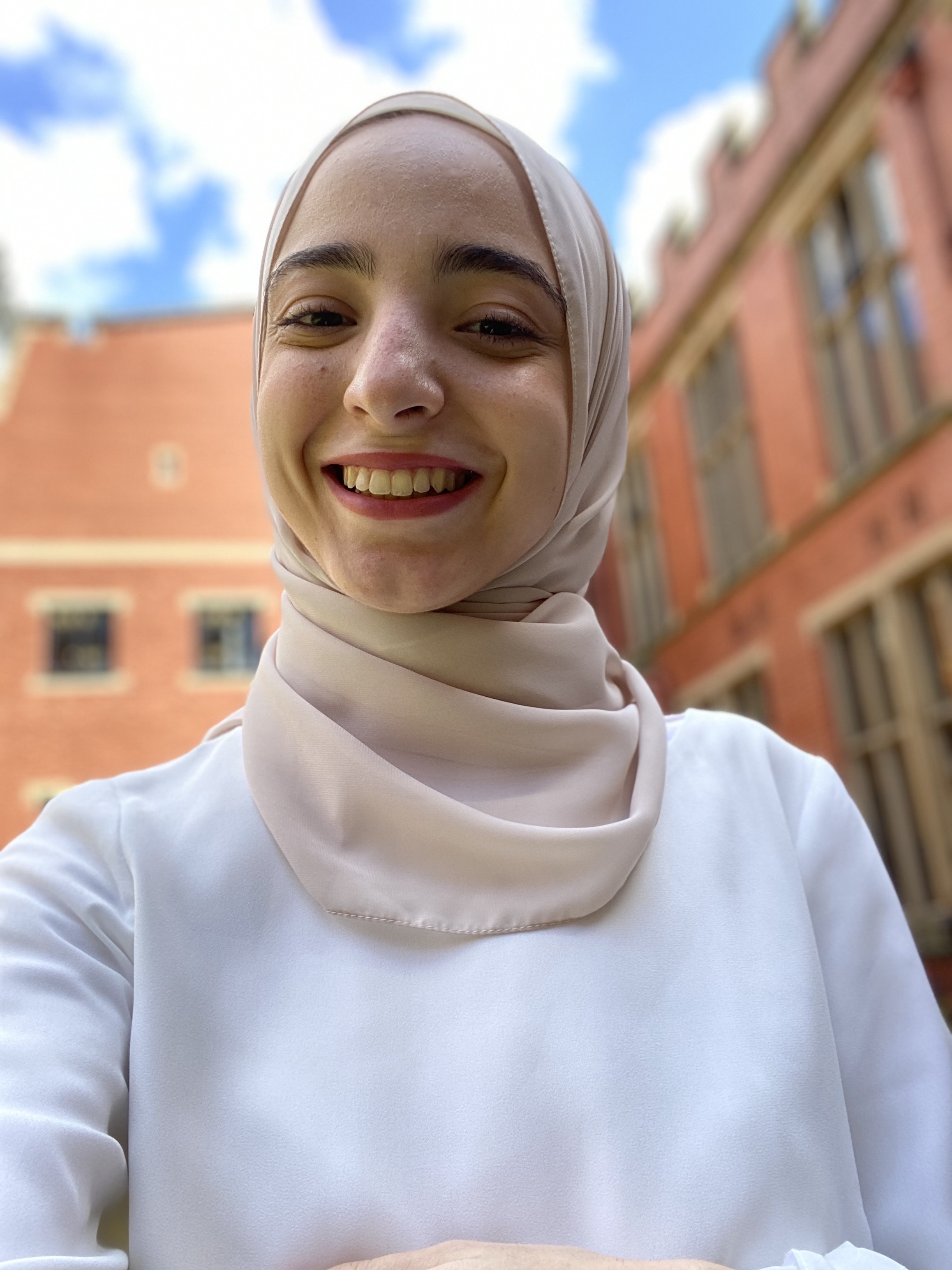
|
Hend ElGhazaly is a PhD student in the Speech and Hearing group at the University of Sheffield's School of Computer Science, under the supervision of Professor Heidi Christensen and Dr. Nafise Sadat Moosavi. Her research centres on fairness in speech technologies, where she examines biases in speech systems and explores strategies to mitigate them. She is also interested in low-resource domains, including healthcare applications. She aims to contribute to the development of more fair and inclusive speech systems.
|
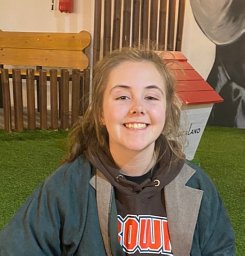
|
Caitlin Illingworth is a PhD student at the University of Sheffield's Department of Neuroscience, with Dr Daniel Blackburn and Professor Li Su as her supervisors. Her research interests are in finding more accurate cognitive assessments for non-native English speakers. Currently, she is investigating bilinguals' performance and neural activity using functional near-infrared spectroscopy (fNIRS) when completing verbal fluency tasks in their native language and English.
|
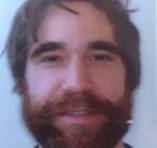
|
Ronan O’Malley
|

|
Fritz Peters is a PhD student at the University of Sheffield's School of Computer Science, with Professor Heidi Christensen as his supervisor. His research interests are in developing automatic assessment frameworks for cognitive conditions such as dementia. Currently, he is investigating speech and language markers in patients with frontotemporal dementia.
|
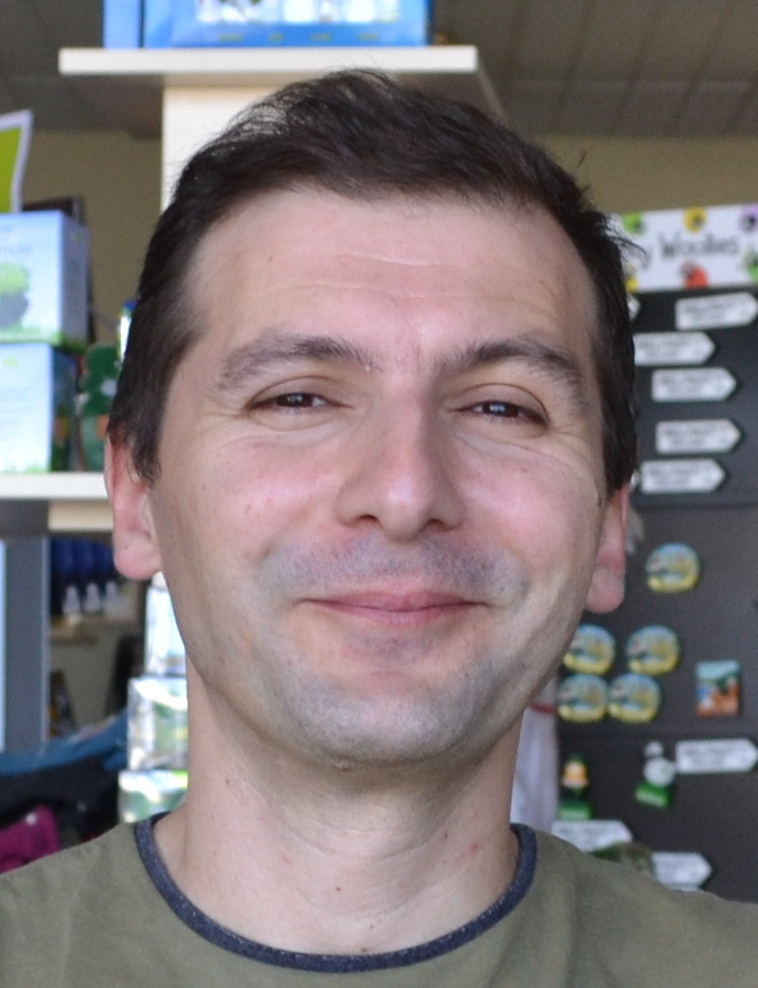
|
Saturnino Luz is Professor of Digital Biomarkers and Precision Medicine at the Usher Institute, University of Edinburgh's Medical School. He works in medical informatics, devising and applying machine learning, signal processing and natural language processing methods in the study of behaviour and communication in healthcare contexts. His main research interest is the computational modelling of behavioural and biological changes caused by neurodegenerative diseases, with focus on the analysis of acoustic and linguistic signals in Alzheimers's disease.
|
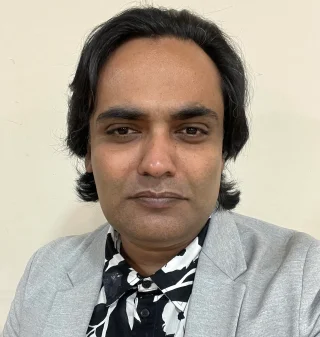
|
Fasih Haider, PhD, CEng, MIET, SMIEEE is a Research Associate in Machine Learning at the School of Engineering, University of Edinburgh. He has an extensive background in multimodal systems, ambient assisted living technologies, affective computing, and digital biomarkers for health monitoring. Dr. Haider's innovative work includes projects such as MoodBox and Alzheimer's dementia prediction through speech analysis. He has authored around 60 peer-reviewed papers and has been recognized as a leader in digital technologies by TechNation UK. Currently, he investigates the influence of rare data in generative AI and develops mitigation strategies to minimize its impact. Dr. Haider holds a PhD in Computer Science from Trinity College Dublin.
|













